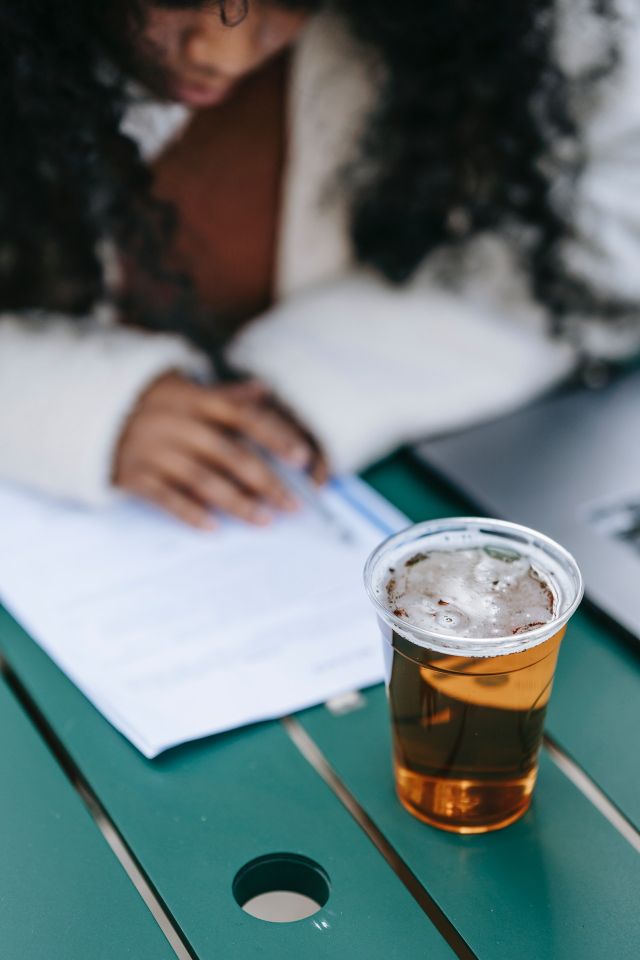
A Guide to Breaking Free from Addictions.
Certainly! It might be difficult and complex to overcome addiction, but it is possible to stop engaging in addictive behaviors with the correct strategy and assistance. We’ll talk about several methods for overcoming addiction in this blog post.
Recognizing the Problem.
Recognizing the issue with addiction is the first step in treating it. Being truthful with yourself about the severity of your addiction and the effects it is having on your life is crucial. Query yourself on things like:
How frequently do I act in the addictive manner?
What are the costs of my addiction in terms of time and money?
Has my addiction interfered with my relationships, career, or school?
When I try to cease the habit, do I feel withdrawal symptoms?
It could be time to get help if you see that your addiction is affecting your daily life.https://apibhs.com/2017/07/30/how-to-overcome-drug-addiction-tips-for-recovery

Seeking Professional Help.
A professional can frequently assist you overcome your addiction. Depending on the type of addiction, this may entail therapy, counseling, or medication-assisted treatment. A specialist can assist you:
Recognize the sources of your addiction.
Create coping skills to prevent relapse.
Determine the factors that cause the addicted behavior.
Create a strategy for sustained recovery.https://ethosrecovery.com/long-term-recovery/
Developing a Support System.
Because addiction can be isolating, it’s crucial to have a network of friends and family members who can support you while you go through the recovery process. This may consist of:
Friends and family who are sympathetic to your difficulties.
12-step programs or support groups, such as Alcoholics Anonymous or Narcotics Anonymous.
A mentor or sponsor with knowledge of addiction treatment
Online forums or groups for those in recovery.https://www.helpguide.org/articles/addictions/overcoming-drug-addiction.htm
Finding Healthy Coping Mechanisms.
Creating a Plan for Recovery .
A long-term strategy is needed for recovery, which is a continuous process. Create a plan for sustaining sobriety with the help of a professional or support group. This might comprise:
Establishing sobriety milestones and goals.
Identifying potential triggers or obstacles and creating plans to get around them.
Establishing a schedule that encourages a healthy lifestyle
monitoring development and marking milestones..https://www.npr.org/2022/01/15/1071282194/addiction-substance-recovery-treatment
Maintaining Long-Term Sobriety.
Long-term sobriety maintenance can be difficult, but it is attainable with the correct support and attitude. Here are some pointers for keeping sober:
keeping in touch with your network of supporters.
Avoiding situations or events that could cause a relapse.
Self-care and healthy behaviors practice.
Celebrating achievements and development.
In conclusion, recovering from addiction is a process that calls for commitment, endurance, and help. You can defeat addiction and have a satisfying life in recovery by realizing the issue, getting professional help, building a support network, finding healthy coping mechanisms, making a recovery plan, and preserving long-term sobriety.https://www.ncbi.nlm.nih.gov/pmc/articles/PMC1852519/

Are you or someone you know struggling with addiction and looking for a way to improve mental health? This book on Amazon offers practical tips and tools for addiction recovery and mental health management. Whether you’re in the early stages of recovery or have been sober for a while, this book can help support you on your journey. Click the link to learn more and purchase the book:



Pingback: "Bipolar disorder treatment and suicide"